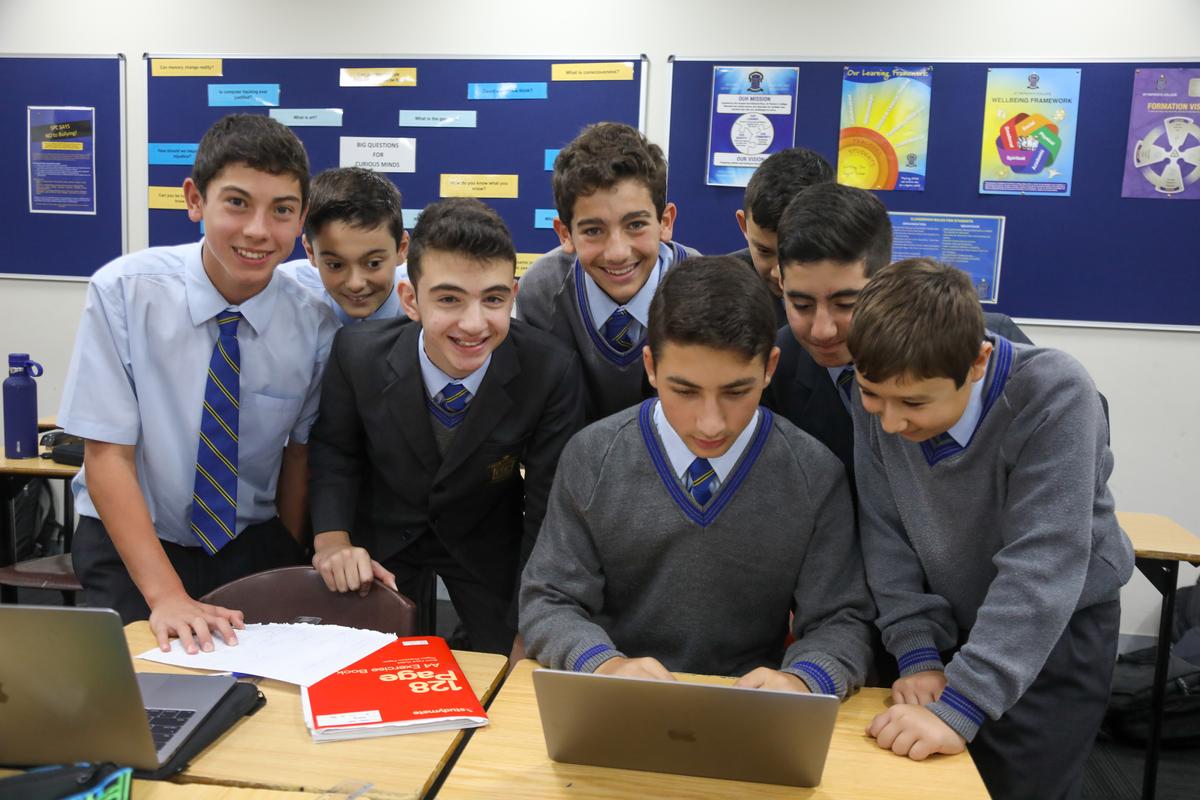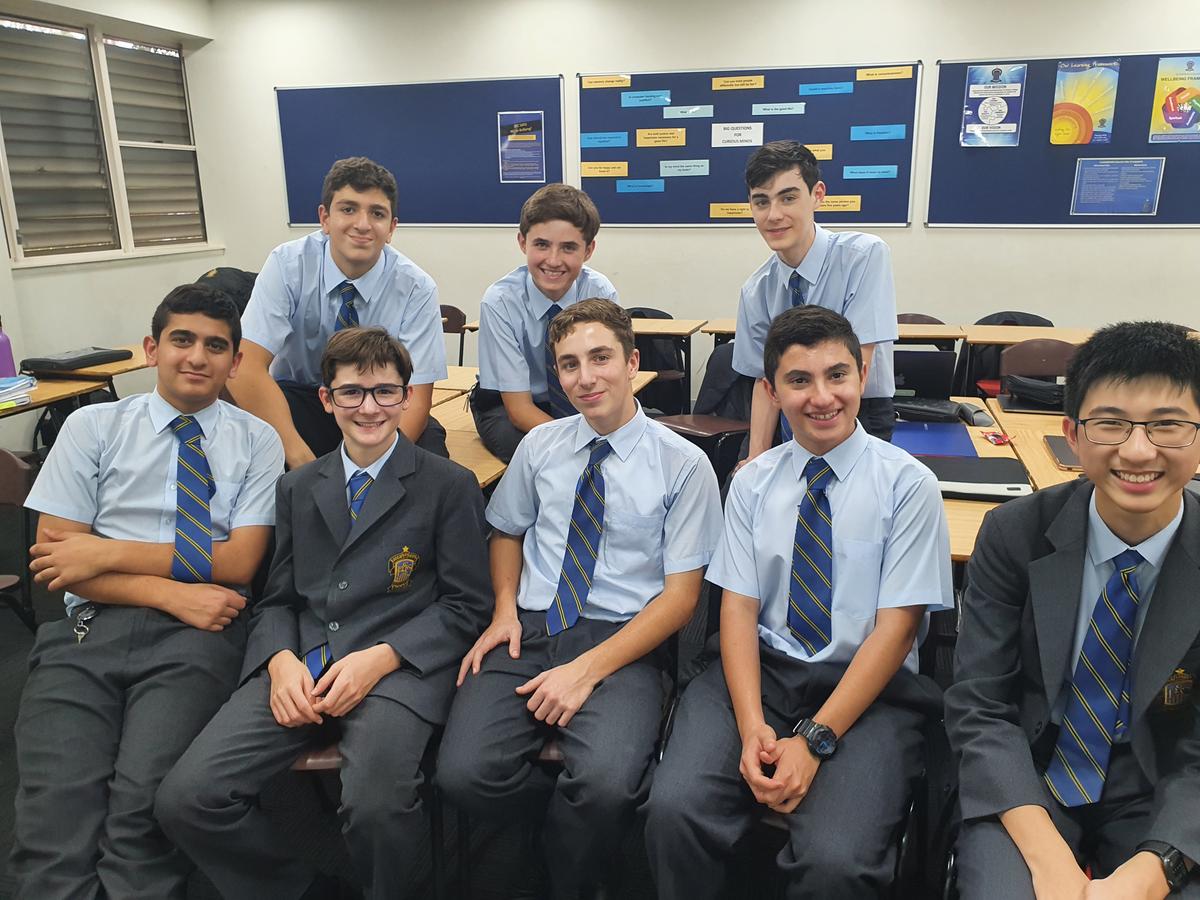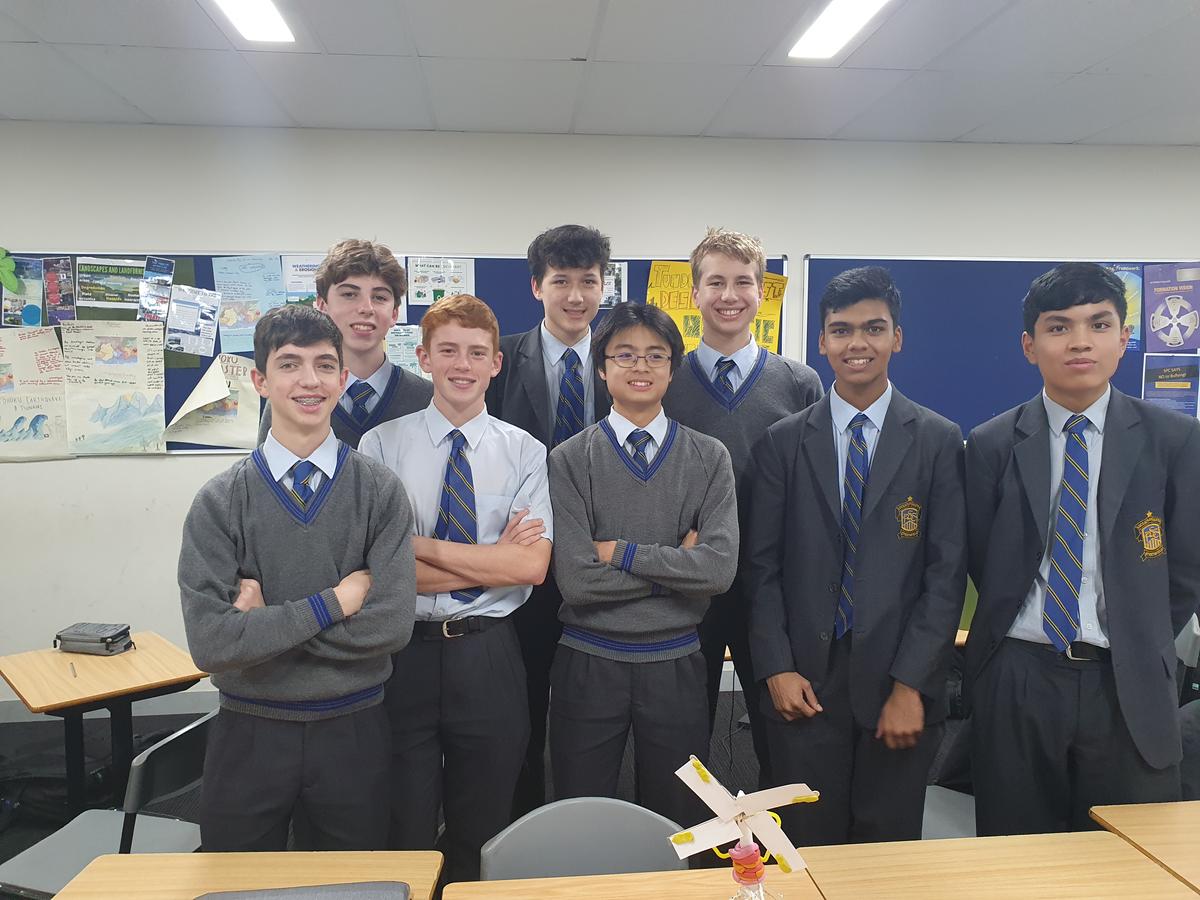Curriculum

Commencement dates for HSC Trial and HSC written examinations
The HSC written examinations will commence on Tuesday 12 October and conclude on Thursday 4 November. The HSC results will be released on Friday 10 December.
The College’s Trial HSC written examinations will commence on Monday 26 July and will conclude on Monday 9 August.
Although there are schools that have their Trials later in Term 3, the benefits of commencing the Trial HSC examinations in Week 3 of Term 3 include but are not limited to:
- the provision of ‘unrushed’ quality and timely feedback to Year 12 students
- more opportunities and time for Year 12 students to address areas for improvement in their learning and hence, prepare strategically for the HSC examinations
- more time for faculties and markers to review appeals and verify the recording and processing of HSC assessment marks for submission to NESA
- allow some ‘space’ for teachers marking Year 11 final examinations, currently scheduled to commence in Week 7 of Term 3
- more time for faculties and Year 12 teachers to process and check information and data for the Year 12 Final Report, scheduled for release to parents in Week 8 and
- allow some ‘space’ for Year 12 Homeroom teachers preparing for Year 12 Graduation in Week 10.
All the above points would not be possible to the same extent or benefit if the Trials were held later in Term 3.
2020 Grades for Years 10 and 11
Details of the grades awarded to Years 10 and 11 students in 2020 have been published by NESA.
A to E grades are awarded by schools to each student who completes Year 10 and Year 11 (Preliminary HSC course), except Life Skills and VET courses.
A comparison of the distribution of Year 10 grades awarded to students at the College, across all courses, with students of the State in 2020 are given below.
Year 10 2020 | A (%) | B (%) | C (%) | D (%) | E (%) |
SPC | 20 | 41 | 33 | 5 | 1 |
State | 21 | 30 | 31 | 13 | 5 |
Similarly. a comparison of the distribution of Year 11 grades awarded to students at the College, across all courses, with students of the State are given below:
Year 11 2020 | A (%) | B (%) | C (%) | D (%) | E (%) |
SPC | 23 | 38 | 32 | 6 | 1 |
State | 21 | 31 | 31 | 13 | 4 |
According to NESA, grades are awarded by schools for students' work over the year and are monitored by NESA for quality assurance and state-wide consistency before they are finalised. Teachers compare their students’ work with work samples published by NESA in accordance and in alignment with course performance descriptors and the common grade scale.
To further strengthen the consistency of state-wide grading, NESA requires schools to maintain samples of student work to confirm their understanding of the A to E standards. Independent reviews commissioned by NESA show that there is a high degree of consistency in the grades awarded by teachers across the state, confident that a student will be awarded the same grade for the same achievement regardless of where they are studying in NSW.
It is important to note that Year 11 course grades are included on each student’s HSC Record of Achievement. Students who leave school before the HSC, will have their grades printed on their Record of School Achievement (RoSA). Students now have access to formal credentials displaying their grades up until they leave school.
For a comprehensive list of State grade distributions for each course go to:
http://www.boardofstudies.nsw.edu.au/ebos/static/ebos_stats.html
For information on the grading process go to:
Michael Cutrupi
Director of Curriculum
The da Vinci Decathlon
Last week, six teams comprising of students from Years 5-10, competed in the da Vinci Decathlon, in a format which was different from previous years. Instead of travelling to Knox Grammar School, the competition was held online from school.
Although they were unable to enjoy the social aspect of the day, the boys were still engaged in challenging tasks that required them to work together and solve complex problems. Students worked across a variety of disciplines including Mathematics, Ideation, Science, English, Cartography, Engineering, Code Breaking and Art and Poetry.
Whilst demonstrating strengths in the various challenges, it was also pleasing to see the cooperation and support each of the boys gave each other as they worked within time constraints and navigated the technical side of uploading their answers. Congratulations to all students involved for their hard work and dedication over the course of the three days.
Janine Timillero
Diverse Learning Coordinator





